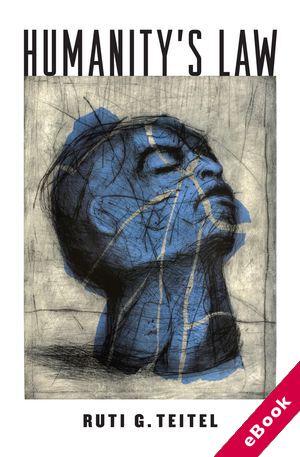
The device(s) you use to access the eBook content must be authorized with an Adobe ID before you download the product otherwise it will fail to register correctly.
For further information see https://www.wildy.com/ebook-formats
Once the order is confirmed an automated e-mail will be sent to you to allow you to download the eBook.
All eBooks are supplied firm sale and cannot be returned. If you believe there is a fault with your eBook then contact us on ebooks@wildy.com and we will help in resolving the issue. This does not affect your statutory rights.
In Humanity's Law, renowned legal scholar Ruti Teitel offers a powerful account of one of the central transformations of the post-Cold War era: the profound normative shift in the international legal order from prioritizing state security to protecting human security. As she demonstrates, courts, tribunals, and other international bodies now rely on a humanity-based framework to assess the rights and wrongs of conflict; to determine whether and how to intervene; and to impose accountability and responsibility. Cumulatively, the norms represent a new law of humanity that spans the law of war, international human rights, and international criminal justice. Teitel explains how this framework is reshaping the discourse of international politics with a new approach to the management of violent conflict. Teitel maintains that this framework is most evidently at work in the jurisprudence of the tribunals-international, regional, and domestic-that are charged with deciding disputes that often span issues of internal and international conflict and security.
The book demonstrates how the humanity law framework connects the mandates and rulings of diverse tribunals and institutions, addressing the fragmentation of global legal order. Comprehensive in approach, Humanity's Law considers legal and political developments related to violent conflict in Europe, North America, South America, and Africa. This interdisciplinary work is essential reading for anyone attempting to grasp the momentous changes occurring in global affairs as the management of conflict is increasingly driven by the claims and interests of persons and peoples, and state sovereignty itself is transformed.